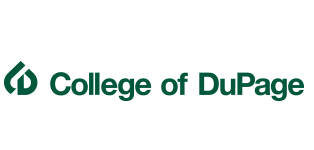Document Type
Article
Publication Date
2009
Abstract
This paper focuses on three interrelated topics: (1) Literature as an art form that is philosophical by nature; (2) Literature as an art form that reveals truth in the form of perceptual knowledge, which is autonomous (sensuous) knowledge, likened to “cognitive emotionality,”and (3) Literature as philosophically inspiring our effective and legitimate thinking on moral issues. I attempt to show that engaging literature as a philosophical endeavor can prove more rewarding from the perspective of moral discourse than the traditional modes of philosophical speculation found in formal treatises on morals. These forms of discourse, functioning deductively (e.g., the moral philosophy of Kant), tend to limit or exclude outright the creative, imaginative, and emotional ("sympathetic") aspects of our moral constitution. Ethics must strive to close the gap between theory and practice by contemplating, and ultimately inspiring, modes of authentic moral comportment. Importantly, the novel, as a genre of literary fiction holds the potential to inspire authentic moral discourse on an expansive interpersonal level by more effectively cutting across the boundaries of race, culture, and gender than traditional philosophy or religious writings.
Recommended Citation
Magrini, James, "At The Intersection of Philosophy, Literature, and Ethics: Axiology Through The Genre of Literary Fiction" (2009). Philosophy Scholarship. 9.
https://dc.cod.edu/philosophypub/9


Comments
Presented at the Community College Humanities Association 2009 National Conference